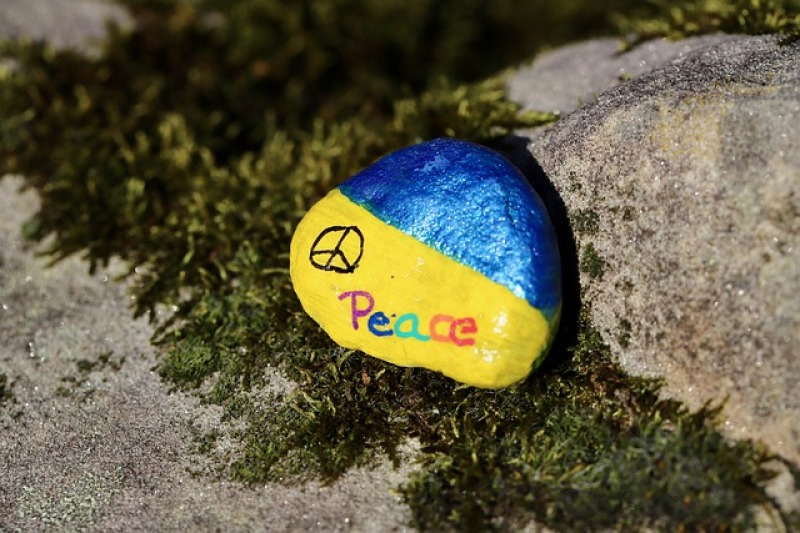
The ongoing conflict in Ukraine continues to escalate, and the Russian Orthodox Church finds itself at the center of the controversy. Bishop Petru Pruteanu, recently ordained by Patriarch Kirill in Moscow, diverges from the Russian Orthodox leader's stance on the Ukraine conflict.
While the church, under the leadership of Patriarch Kirill, has taken a firm stance in support of Russian interests, Bishop Petru Pruteanu, a 43-year-old from Moldova who was ordained as a bishop in Moscow last November, has diverged from this position. His differing views highlight the complex dynamics of the church's involvement in the ongoing war in Ukraine.
War is No Good in All Aspects: Balancing Ukrainian and Russian Members in Portugal
In an interview shared by Pillar Catholic, Bishop Pruteanu, being neither Ukrainian nor Russian, was asked how he was watching the war and answered that the appointment of Metropolitan Nestor as auxiliary bishop in 2010, with the title Bishop of Caffa, is not related to the ongoing territorial dispute. Caffa was a Muslim Tatar Khanate and was never part of Russia or Ukraine. Stalin's mass deportation of Tatars to Kazakhstan and replacement with Russian immigrants resulted in a Russian majority in the region.
In 1997, Russia committed to respecting the sovereignty and borders of Ukraine, which were established after the recognition of Ukraine's independence in 1991. The ongoing conflict, fueled by ethnic and religious similarities, is viewed as a shocking development in the 21st century. This war is just not suitable for everyone, he says.
On the other hand, he was also asked if he needed help to balance his Ukrainian and Russian members. He answered that the collection of donations for Ukrainian refugees in Portugal went smoothly, with Ukrainian and Russian ladies delivering the gifts together. Despite a demonstration outside the church, dialogue resolved the situation peacefully.
When the refugees arrived in Cascais, the mayor invited the church to welcome them, but the Ukrainian ambassador demanded they choose between the church and the embassy. After complaints reached Kyiv, the ambassador was removed, and the church continued receiving many Ukrainian visitors.
Also Read: Russian Orthodox Church Divided Over Putin's War Against Ukraine
The Banning of the Ukrainian Orthodox Church That is Said to Be Affiliated to Russia
The war has sparked many controversies involving the Russian Orthodox Church, and the recent actions taken by Ukrainian President Zelensky against the church raised questions about the government's motives. According to Christianity Daily, the imposition of sanctions on a group of clergy members, including restrictions on financial activities and property ownership, along with the dismissal of the leader of the State Service for Ethnopolitics and Freedom of Conscience, is seen by some as an attempt to suppress dissent and undermine the UOC.
The searches of UOC monasteries and schools by security services have also been met with skepticism, as allegations of planted pro-Kremlin material have fueled suspicions of political bias. These events are being closely watched by the international community and could have far-reaching consequences for Ukraine's religious freedom and independence.
In an article in the New York Times, Ukrainian President Zelensky planned to draft a law that would ban religious organizations linked to Russian centers of influence. He also ordered an investigation into the Ukrainian Orthodox Church's ties to Moscow. These actions are popular with anti-Russian Ukrainians but raise questions about religious freedom and compatibility with the Ukrainian Constitution. The Ukrainian Orthodox Church has long been subordinate to the Russian Orthodox Church in Moscow, which has close ties to Putin.
Related Article: Zelensky Strengthens Crackdown on Ukrainian Orthodox Church As It Threaten Nation's Security Due to Its Affiliation to Russia


















